Do you know that feeling when you just want to switch off – and end up doing the exact opposite? That’s how I used to feel. I still remember the evenings when I had a little too much THC. Instead of being relaxed, my head was running at full speed. Thoughts spinning like a carousel that just wouldn’t stop. Only much later did I realise that cannabis use isn’t about more, but about the right balance – about your personal feel-good point.
When I first heard that term, I was sceptical. “Feel-good point? Sounds like wellness marketing,” I thought. But then a friend who had tried a lot himself told me how CBD helped him find his balance again. No extreme highs, no fatigue – just calmness in the head and relaxation in the body.
That’s exactly what we’re talking about today: how a Swiss CBD user found his own feel-good point with THC – and why CBD plays a key role in that.
The Feel-Good Point – What It Really Means
The so-called “feel-good point” describes the moment when you feel relaxed, focused and pleasantly clear – without slipping into overload or dullness. It’s that fine line between “too little” and “too much,” between “it’s not working” and “I’m overwhelmed.”
Our interview partner, let’s call him Luca, has been consuming cannabis for many years. “It used to be just leisure for me,” he says. “Today it’s more like self-care. I don’t smoke to escape – I smoke to arrive.”
What’s interesting is that he has learned to consciously control this point. And CBD plays a bigger role in that than many people think.
When THC Became Too Much – and CBD Helped
Luca remembers a phase when he was consuming almost daily. “I thought I had my dose under control, but at some point the fun was gone. I was nervous, unfocused, sometimes even anxious.” He started researching and came across user reports about CBD.
“I was surprised to read that CBD could supposedly soften the effects of THC. So I tried it – a few puffs of CBD before the THC, and I immediately noticed the difference. I felt clearer, more grounded.”
That’s not an isolated case. Many users report that CBD can help regulate the intense effects of THC. Scientifically, this is explained by the fact that CBD binds to similar receptors in the endocannabinoid system but without psychoactive effects (Iffland & Grotenhermen, 2017).
What Luca particularly appreciates: “I’ve learned to listen again – to my body, my mood. When I’m stressed, I don’t automatically reach for a joint anymore, I ask myself: what do I really need right now?”
CBD and THC – A Balance Rather Than an Opposition
THC is often portrayed as the “strong” and CBD as the “gentle” cannabinoid. But the two are not opponents – they can complement each other. While THC is responsible for the euphoric effect, CBD can soften that feeling while promoting relaxation – without the typical high.
Luca has developed his own routine: “I usually start with CBD flowers to get into the mood. When I then consume some THC, I stay calm and focused. It’s like CBD sets the direction and THC gently follows along.”
This combination is also interesting from a research perspective. Studies suggest that CBD can reduce the anxiety potential of THC (Zuardi et al., 2012) and lead to a more balanced experience. For many users, that’s exactly the path to their personal feel-good point.
Legally Safe Consumption – The Situation in Switzerland
In Switzerland, CBD with less than 1% THC is legally available. THC, on the other hand, remains restricted under the Narcotics Act. What many don’t know: even those who consume CBD can have small traces of THC in their blood or urine – depending on the product and frequency of use.
That’s why it’s important to focus on quality and transparency. Reputable suppliers publish lab reports and disclose the exact THC content. At Green Passion, we place great importance on Swiss indoor quality, tested analyses, and sustainable production – so you always know exactly what you’re consuming.
Luca says: “I used to buy products without knowing what was really in them. Since I’ve been paying attention to quality, I feel much safer – and the effect is more consistent.”
Price-Conscious but Quality-Focused – Is CBD Worth It?
Another point that became clear in the conversation with Luca: good CBD has its price, but it’s worth it. “I used to just look at the price per gram. Today I know: quality makes the difference. I need less, get more out of it, and feel better.”
This matches many other user experiences. High-quality CBD may be more expensive than no-name products, but it works more reliably and contains no unnecessary additives. Anyone who has ever felt the difference between cheap imported flowers and Swiss premium strains knows exactly what this means.
So if you’re thinking about switching from THC to CBD or combining both more consciously, it’s worth choosing verified suppliers. The long-term benefits for body and mind clearly outweigh any short-term savings.
Conclusion: The Feel-Good Point Is Individual – and CBD Can Help You Find It
What I take away from Luca’s story: the feel-good point isn’t something you find right away. It’s a process that requires mindfulness – and genuine interest in yourself. CBD can help you reach that point more consciously by balancing the body and keeping the mind clear.
If you embark on this journey, you’ll notice: it’s not about numbing yourself, it’s about understanding yourself.
🌱 Tip at the End:
If you want to discover your own feel-good point, start with high-quality, transparently tested CBD products. At Green Passion, you’ll find a wide range of Swiss flowers, hash, and extracts – all legal, tested, and made with passion.
Sources (APA 7)
Iffland, K., & Grotenhermen, F. (2017). An Update on Safety and Side Effects of Cannabidiol: A Review of Clinical Data and Relevant Animal Studies. Cannabis and Cannabinoid Research, 2(1), 139–154.
Zuardi, A. W., Crippa, J. A., Hallak, J. E., Moreira, F. A., & Guimarães, F. S. (2012). Cannabidiol, a Cannabis sativa constituent, as an antipsychotic drug. Brazilian Journal of Medical and Biological Research, 45(2), 161–167.
Swiss Federal Office of Public Health (BAG). (2024). Regulation on Cannabidiol (CBD) in Switzerland.
Russo, E. (2019). The Case for the Entourage Effect and Conventional Breeding of Clinical Cannabis: No “Strain,” No Gain. Frontiers in Plant Science, 9, 1969.
Citti, C., et al. (2018). Pharmacological and chemical evaluation of cannabidiol. Journal of Pharmaceutical and Biomedical Analysis, 149, 532–549.
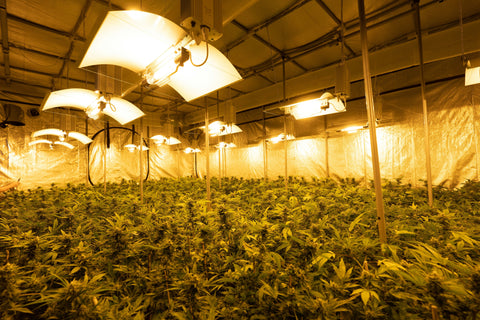
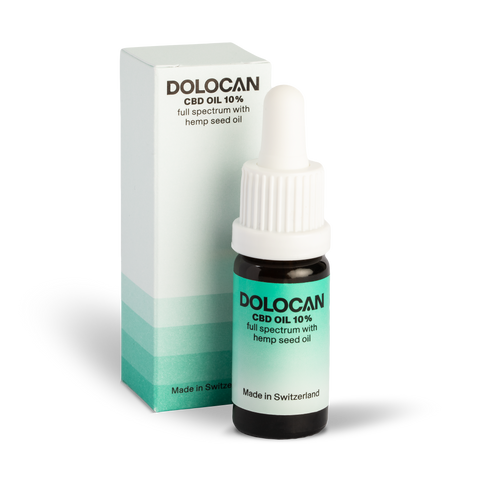
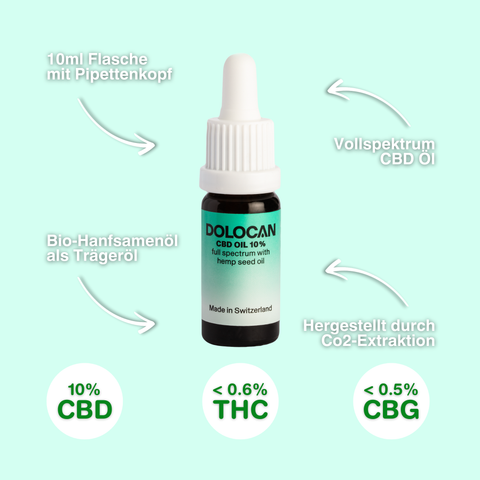
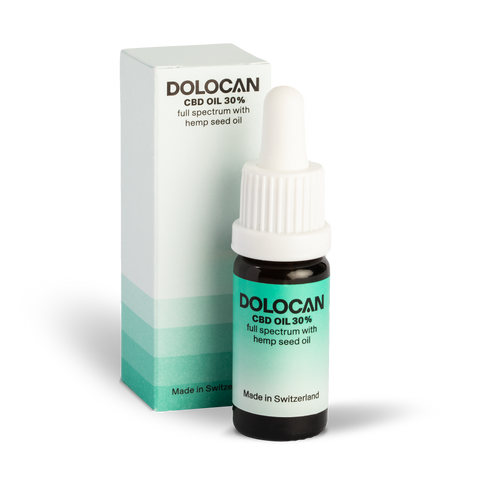
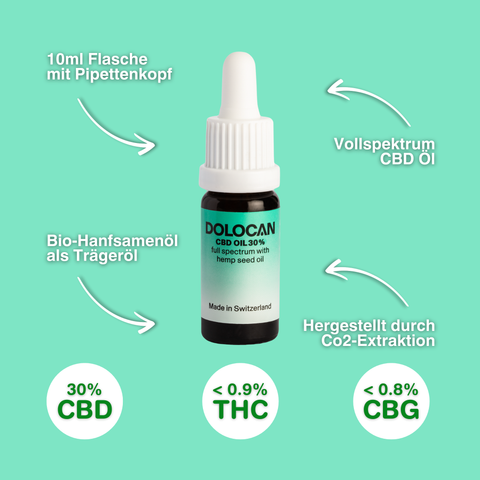
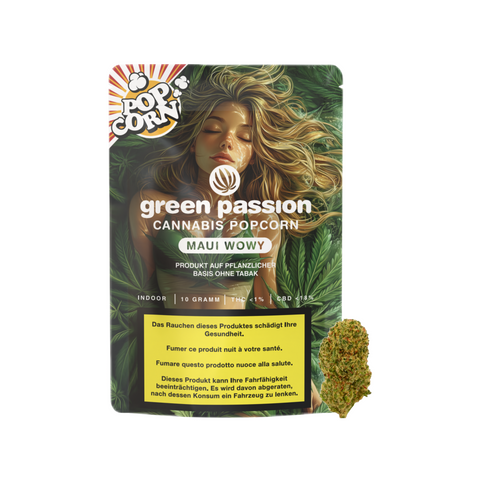
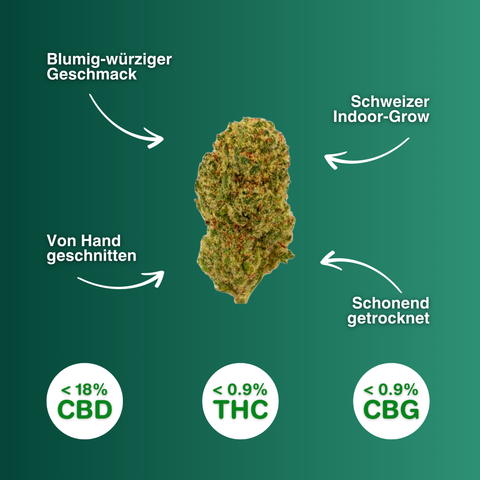
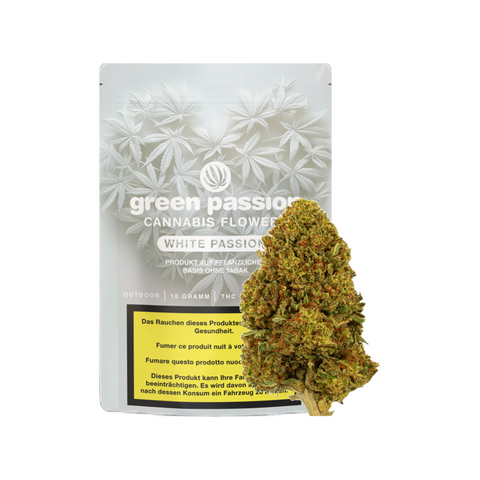
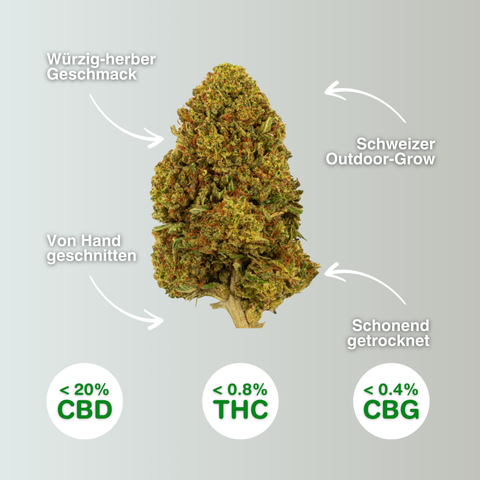
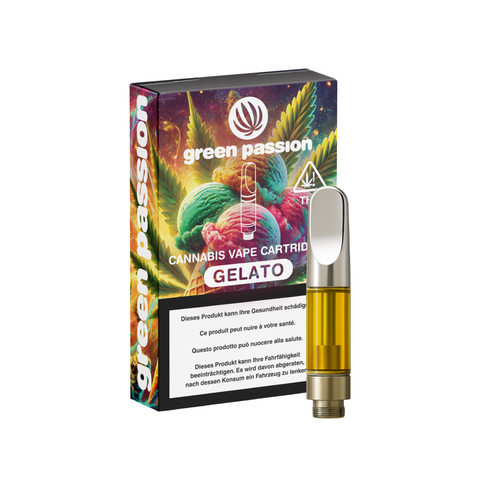
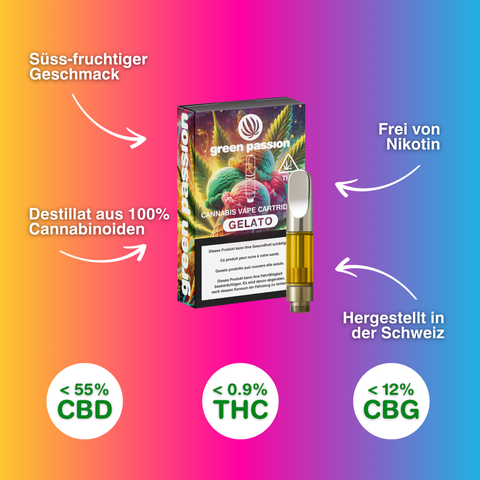
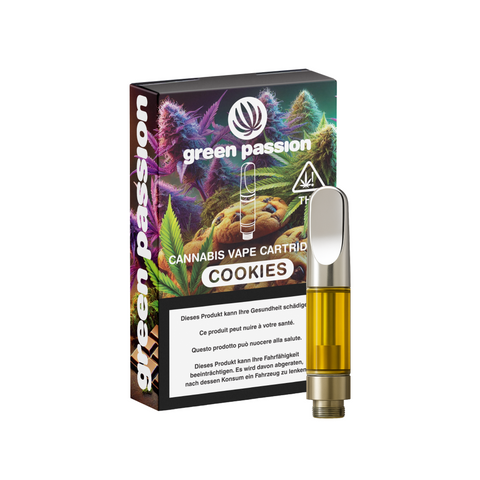
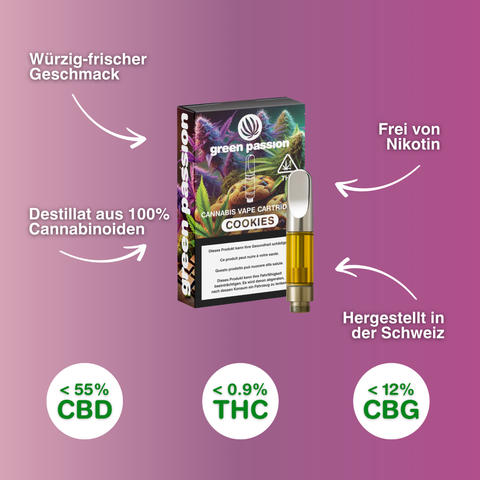
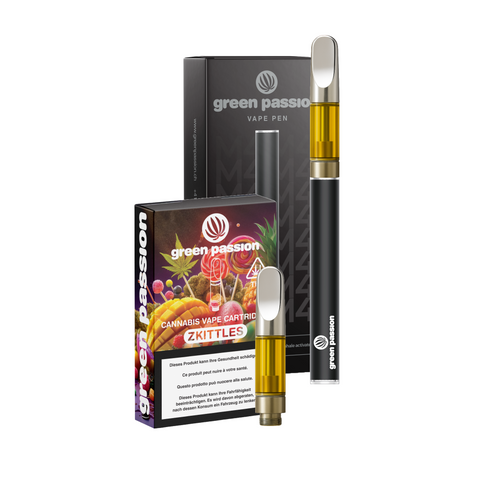
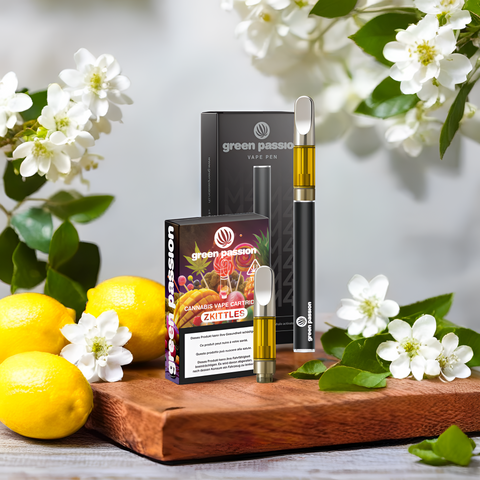




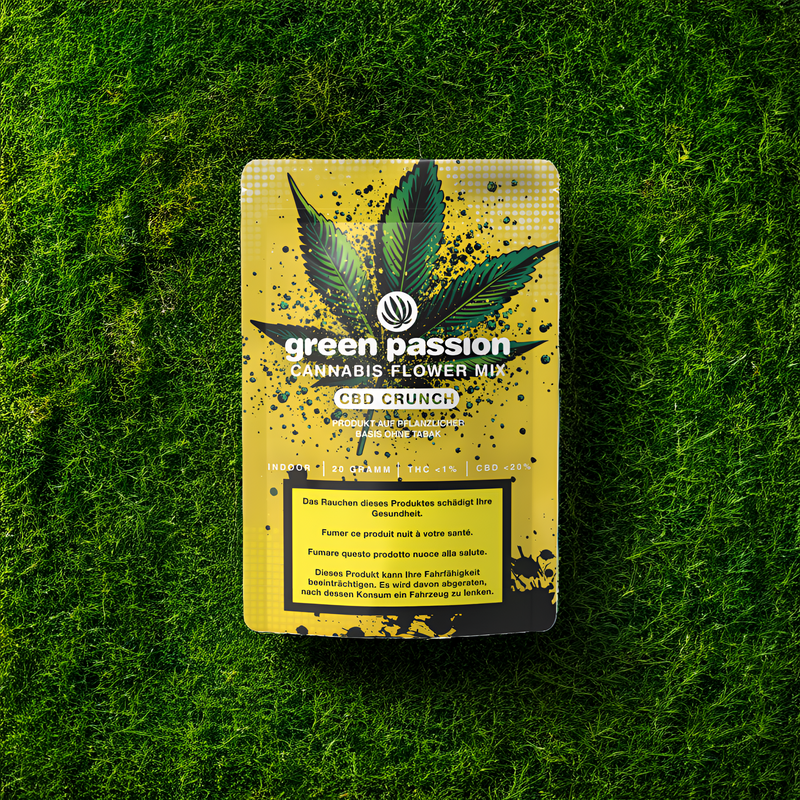
Comments (0)
There are no comments for this article. Be the first one to leave a message!